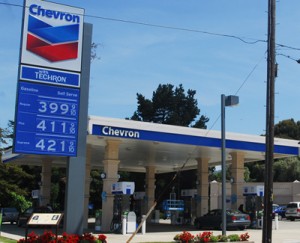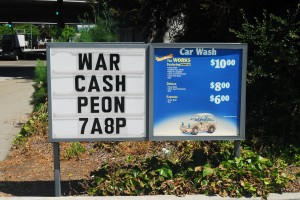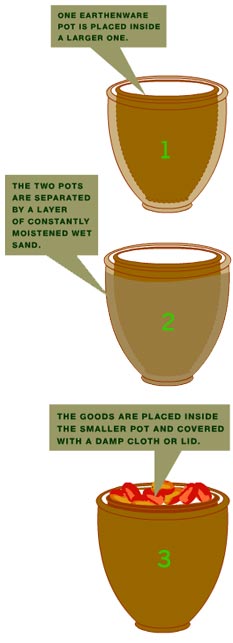Posted on October 14th, 2008 at 11:09 am by Steve

Food writer Michael Pollan has a terrific article in last week’s New York Times Magazine, where he outlines the food-related policy challenges facing the incoming U.S. president. In his opening, he notes a startling fact about the energy consumed in the industrial agriculture process:
chemical fertilizers (made from natural gas), pesticides (made from petroleum), farm machinery, modern food processing and packaging and transportation have together transformed a system that in 1940 produced 2.3 calories of food energy for every calorie of fossil-fuel energy it used into one that now takes 10 calories of fossil-fuel energy to produce a single calorie of modern supermarket food. Put another way, when we eat from the industrial-food system, we are eating oil and spewing greenhouse gases. This state of affairs appears all the more absurd when you recall that every calorie we eat is ultimately the product of photosynthesis — a process based on making food energy from sunshine. There is hope and possibility in that simple fact.
I think his point would be clearer if he kept his numbers in the same order, though, like this: in 1940, the system produced 2.3 calories of food energy for every calorie of fossil-fuel energy used; today, it produces 0.1 calorie of supermarket food energy for every calorie of fossil-fuel energy used.







